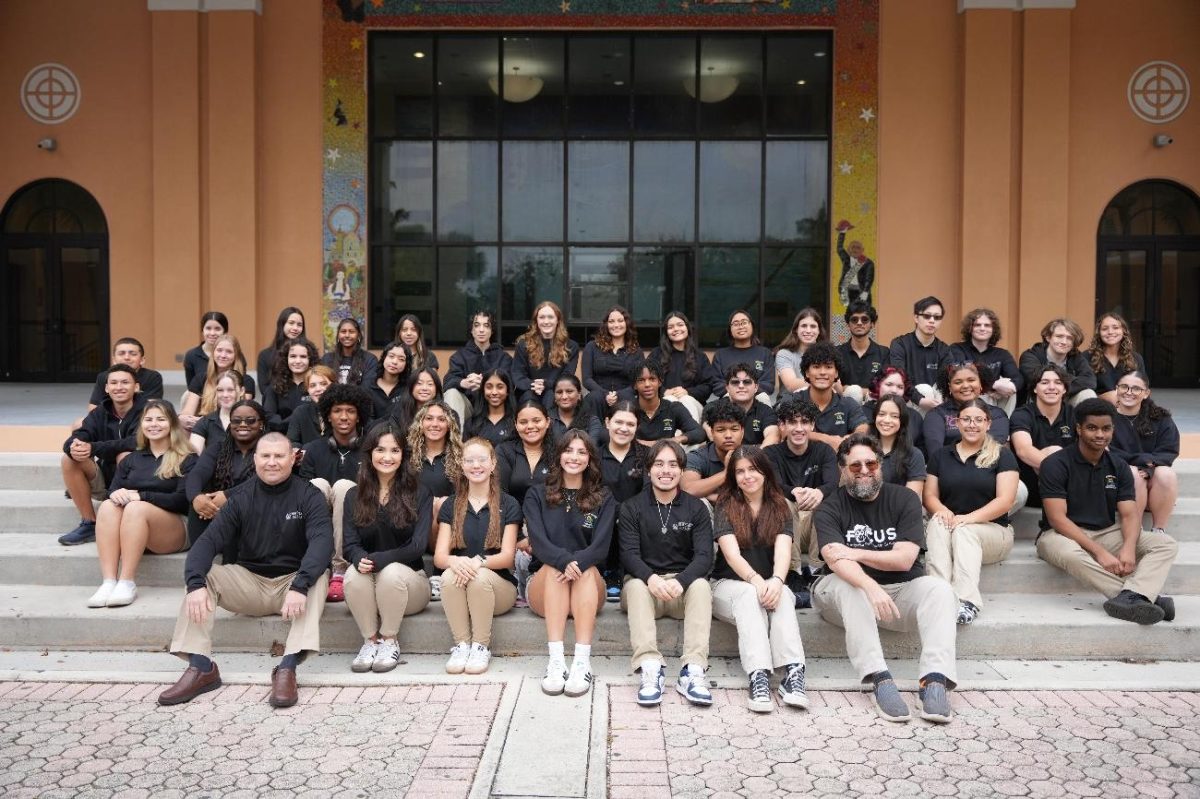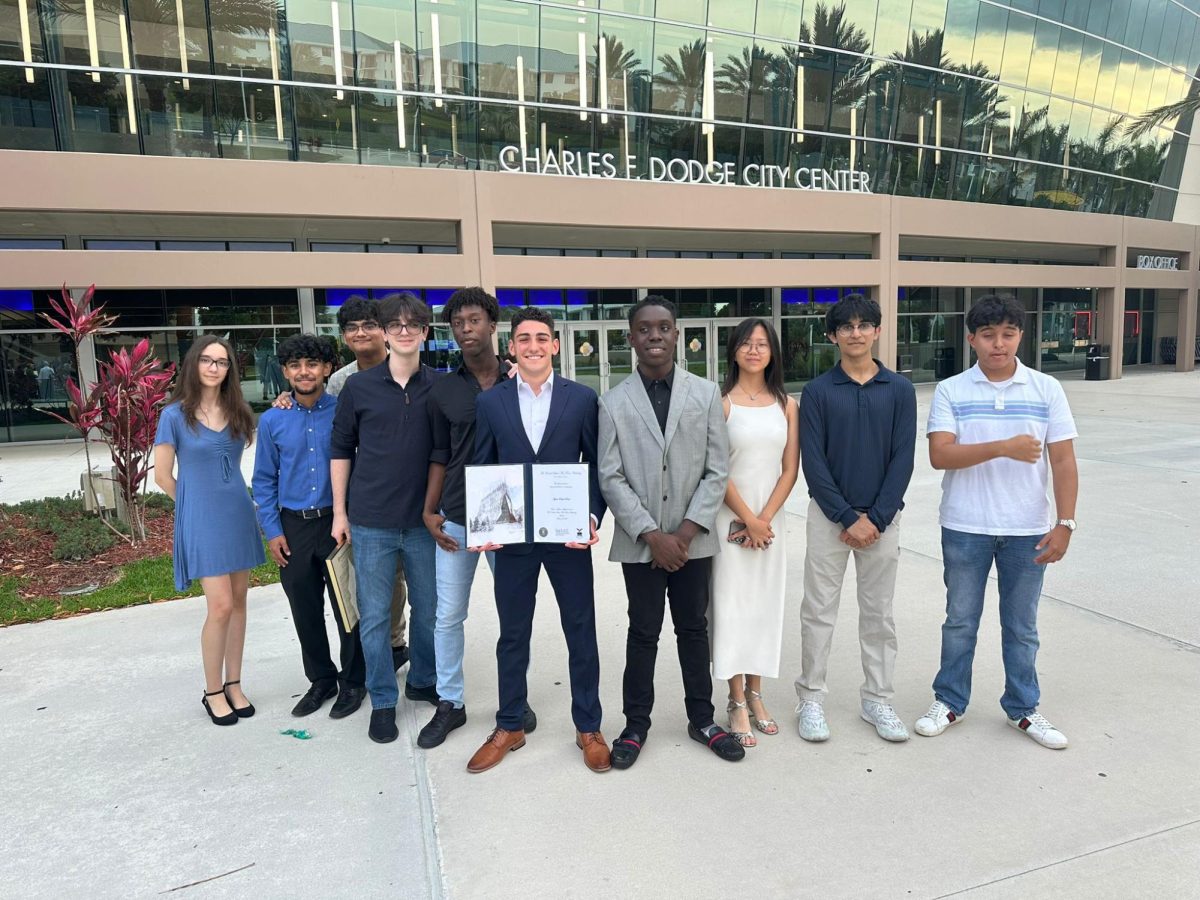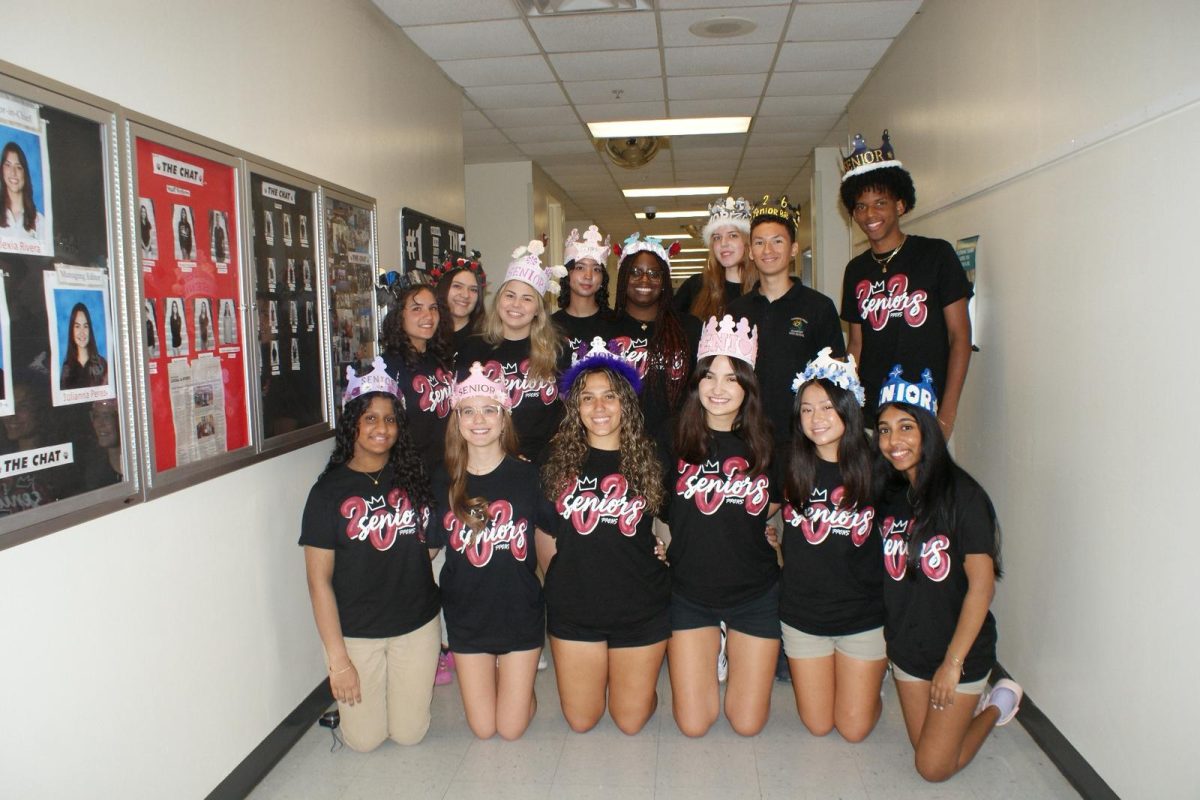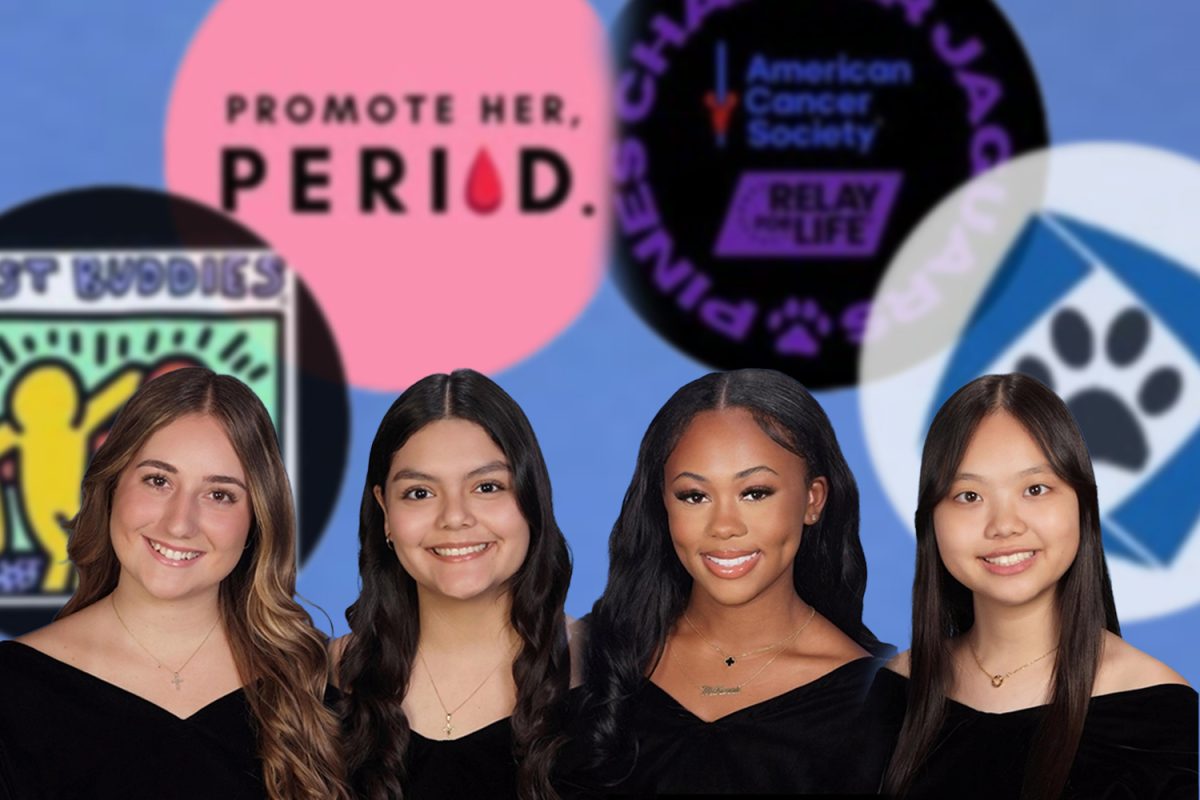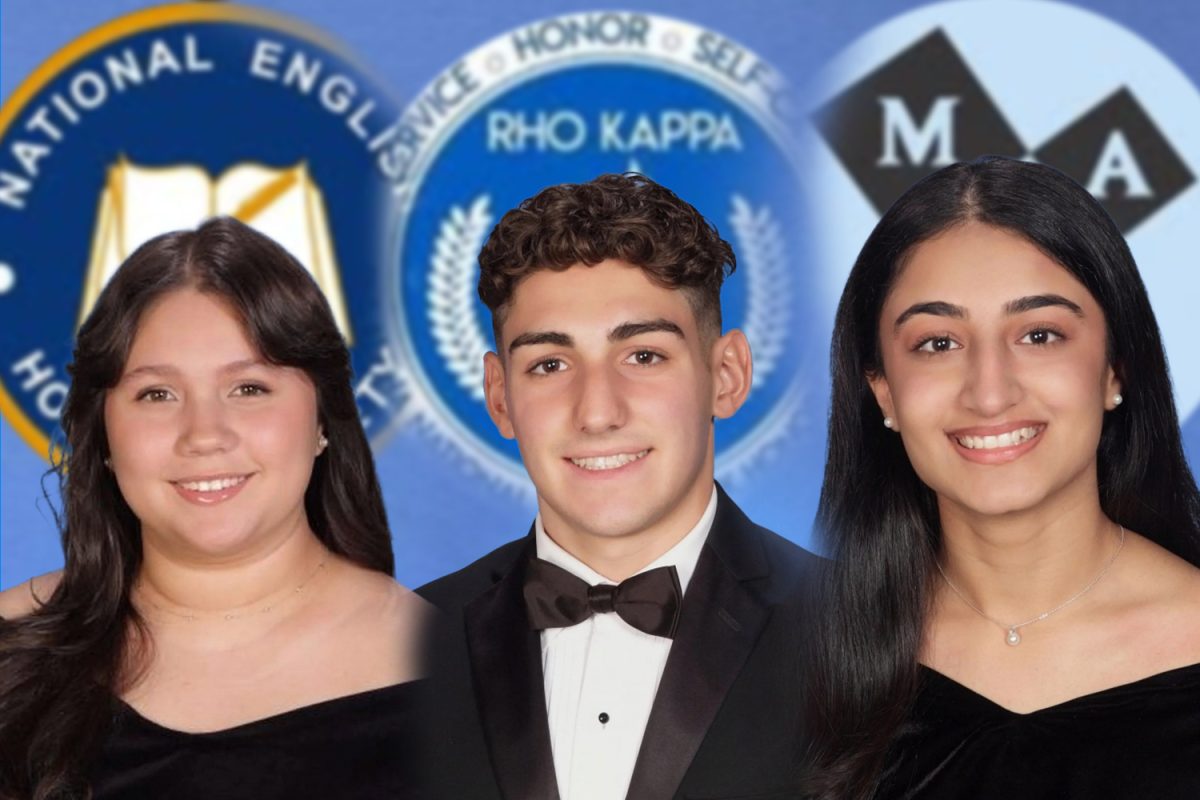
Not all kids can tell their teachers what they are feeling or what makes them uncomfortable, and a lot of times these kids need additional support. It’s something that takes adults and surrounding kids a longer time to understand why they can’t reach out, and in their minds, they ask themselves why they need assistance. These are only some of the many symptoms of autism: being non-verbal and having sensory disorders. Some don’t have a voice, but not all heroes need a puzzle-shaped badge to honor their work with ESE students. Working with these students, Cassidy-Rae Brantley works in a private school to help them with any extra support they need; Brantley is here to be her student’s voice.
At her private school, Hope Links, Brantley is surrounded by many kids, all of whom require different support. When first meeting the kids, she tries to identify all of their strengths and what they find more challenging; this is how she discovers their sensory issues or other concerns that, with a bright smile, could help her students with: the most common symptom being sensory modulations.
Brantley has found ways to help her students by “slowly and surely [increasing the] exposure to those materials to improve their tolerance of them.” If her students cannot verbally communicate with her, she discusses with their parents other options, such as communication devices, so Brantley can coach them through their fears to the best of their ability. Her support for her students is beyond words, and with the help of a speech therapist, along with many other professionals—they’re the heroes behind the curtains.
While Brantley uses her voice to mention the continuing improvements of ESE programs and works at a wonderful school, not every ESE student has the same opportunity. Brantley mentions that there is one key thing to assisting all ESE students: consistency. “Consistency and routine are crucial for making progress.” Whether it’s through having consistent access to a speech or occupational therapist, it’s key that she sees change and improvement. After years of working at the school, with each passing day, she adores her students and their parents and watches her kids grow and progress with her help.
Teaching and helping her students has also taught Brantley many lessons. Even if they couldn’t communicate with her, they reminded her of the most important things in life: “It reminded me of all the challenges everyone faces in their everyday life and how many of the things we take for granted,” Brantley states, as those who have autism perceive the world in their way, and those farther on the spectrum who may be non-verbal cannot experience certain aspects of life.
There are simple things that some with autism are incapable of doing, as it makes them nervous or they may not fully understand the assignment. Through the language of her students, in their distinct way, they have reminded her of such a simple lesson that can be said in a thousand ways.
However, without her old high school, Brantley would not have come as far. “I have a lot of memories and times [at PPCHS] that really taught me what it means to push through things,” Brantley says, reminiscing about how her time in Charter taught her how, even though there may be a wall of obstacles, there was always a way to get past the wall and discover her true potential. Gaining closer bonds with the teachers who truly pushed and believed in her, Brantley’s garnered support allowed for her to accomplish her own goals and challenge herself.
In all areas of the world, society plays a major role in helping spread awareness or even offering ESE students more opportunities as well. Although patience is required, allowing those with autism to participate can truly brighten their day, “It’s just a matter of being open-minded and welcoming to everyone,” Brantley describes. Instead of excluding them for their differences, and instead, remaining patient with the student can aid them in reaching their potential like what Brantley did in PPCHS.
“Might sound cliche, but truly having people believe in you and give you that support to achieve greater things keeps you motivated,” Brantley mentions after transferring to PPCHS. Having the teachers beside her telling her to keep her head high through the harsher times in life brought her to where she is now: helping others to give them the life they deserve. Finding the best ways to help her students, growing bonds with her family, and so much more helps her stay as the voice for her students who are non-verbal. Her work here is far from over, and as she continues to explore new ways to aid her students, Brantley will forever remain a hero without a cape.

